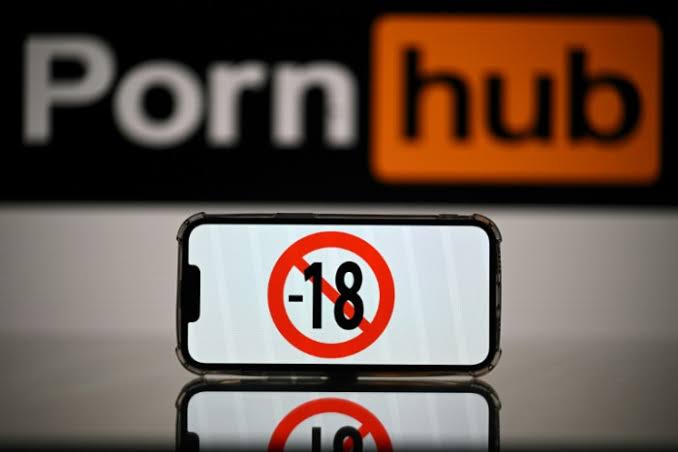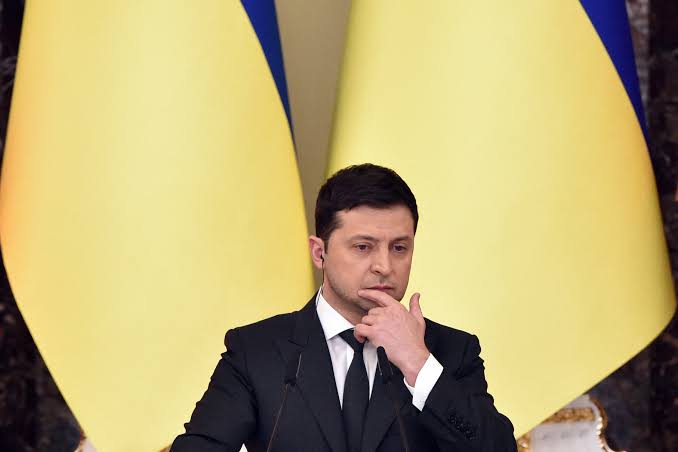The European Union raised concerns about the increasing number of refined petroleum products made from crude oil sourced from Russia entering the European market. The union stated that the products made in India render the economic sanctions against Russia invalid by being sold in the European region.
The EU’s Executive Vice-President and Commissioner for Trade, Valdis Dombrovskis, noted on Saturday that these petroleum products are entering the European market in large quantities and the bloc is trying to find a solution to deal with the issue. According to a PTI report, the EU trade commissioner, in a conversation with journalists during his current visit to India, stated that Russia is using food and energy supplies to enhance it’s war and continue it’s attack on Ukraine.
Elaborating on the food front, the EU leader cited Russia taking a step back from the Black Sea grain initiative, in turn blocking Ukraine from exporting food grains to the global market. In order to restrict Russia on the financial front to put a stop to it’s war efforts, the Western countries have levied some sanctions on the country including a price ceiling on Russian oil by the G7-plus countries, since it began the invasion of Ukraine in February last year. Other sanctions on Russia include oil and oil products exports, undertaken to restrict energy supply from Russia, which acts as the biggest revenue source for the country, the EU trade commissioner noted.
In the face of these restrictions, India’s import of Russian crude oil available at a discounted rate has seen a massive surge in the last year or so. Commenting on this, Dombrovskis said, “We are obviously aware that a number of countries, including China and India have not joined those sanctions. We are aware that Russia is actively seeking alternative markets for the lost European market.”
The EU leader noted that in the light of India and Russia’s increasing trade, new trade patterns can be observed now. He said, “We indeed see new trade patterns emerging. Those are some issues which are also the new developments which we are currently assessing. For example, what we see is now a rapid increase of refined oil products, so to say, imports in the EU from India. But if they are made with Russian oil, in a sense it defeats the purpose which we are putting in front of us as the EU, as a Western democratic world, to reduce Russia’s ability to wage the civil war…So this is something which will provide some reflection on that.”











